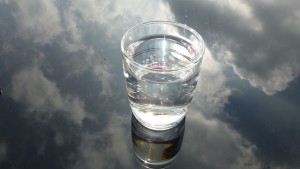 Does Your Installer Follow Plumbing Codes for Rainwater Collection?
Does Your Installer Follow Plumbing Codes for Rainwater Collection?
In 2013, ARCSA (American Rainwater Catchment Systems), ASPE (American Society of Plumbing Engineers) , IAMPO (International Association of Plumbing and Mechanical Officials) and NSF (National Safety Federation) established guidelines and code for rainwater collection systems.
The standard is intended to cover all of the requirements for design and installation of RWCS. The requirements in this standard are set to meet the minimum requirements and to assure safe practices for design and installation of potable rainwater collection systems.
ARCSA Accredited Professionals are trained through approved instructional sessions and must submit to continuing education 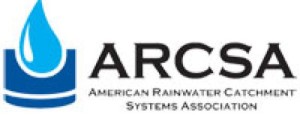 credits every year to retain their status. Members include a host of professionals in engineering, microbiology, plumbing professionals and industry leaders, who have additional opportunities for development through networking, workshops, and conferences. ARCSA professionals are the leaders in the rainwater collection industry.
credits every year to retain their status. Members include a host of professionals in engineering, microbiology, plumbing professionals and industry leaders, who have additional opportunities for development through networking, workshops, and conferences. ARCSA professionals are the leaders in the rainwater collection industry.
Be sure to hire only the best for your RWC design and installation to assure your system is designed and installed correctly, and meets plumbing code and adheres to safe practices.
For a listing of Accredited Professionals in you area please contact www.arcsa.org.

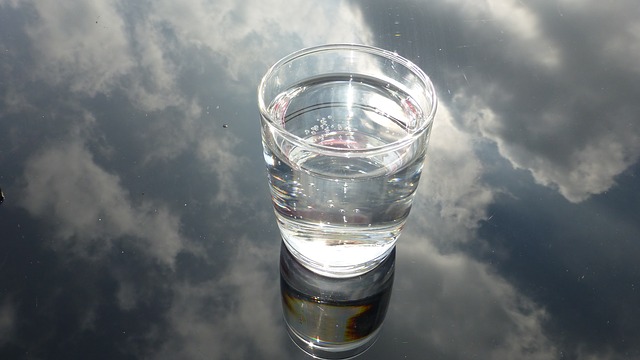

 RainBank Rainwater Systems honors all US vets and their families on this Memorial Day .
RainBank Rainwater Systems honors all US vets and their families on this Memorial Day .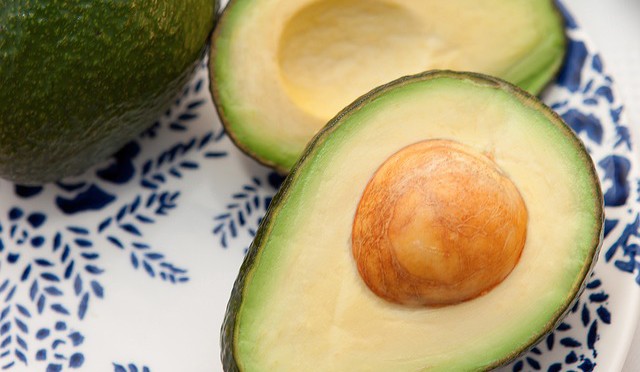
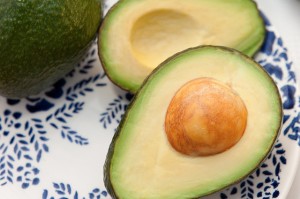 Have you ever thought about how much water it takes to produce the foods we eat, that are grown in the United States? Many of these come from drought-ridden California, where water is a vital component to support its agricultural industry.
Have you ever thought about how much water it takes to produce the foods we eat, that are grown in the United States? Many of these come from drought-ridden California, where water is a vital component to support its agricultural industry. According to the article, these foods are among the highest amount of water needed:
According to the article, these foods are among the highest amount of water needed: